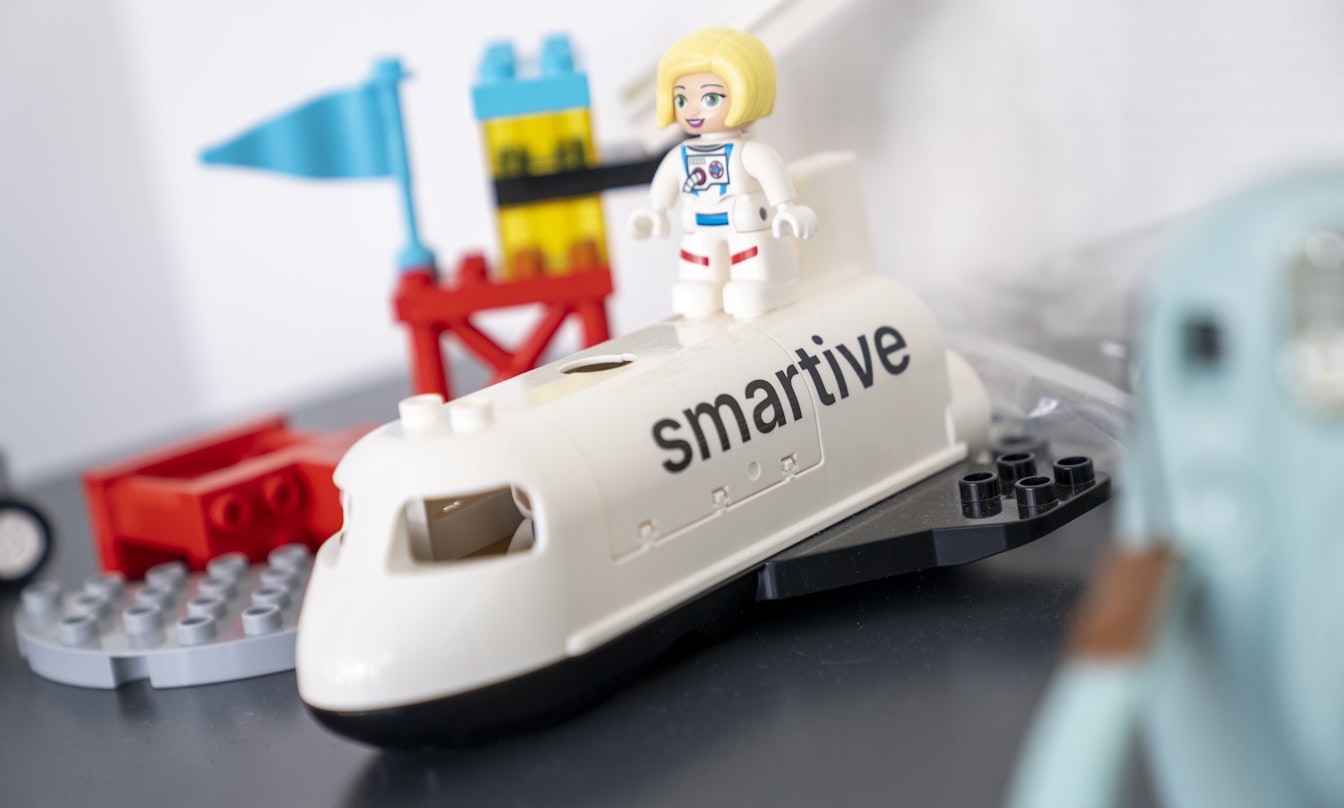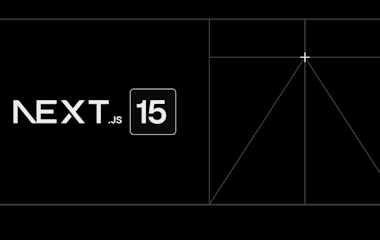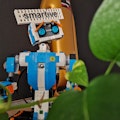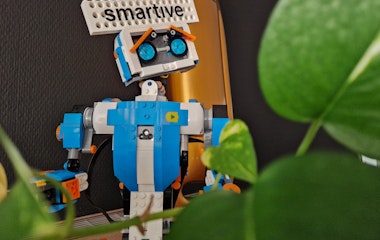AI for everyone! How artificial intelligence really helps us.

AI has long been part of our everyday lives and is changing everything - from health to the world of work. Here you can find out how AI is already supporting us today and what opportunities it offers for the future. 🚀
Artificial intelligence - whether we like it or not: it has long since arrived in the middle of our everyday lives and is having a real impact. From Insta to everyday small talk - AI is everywhere. Sentences like "Let the ChatGPT do it!"? No longer a joke. But what does AI actually do for us? And how could it make our lives even better in the future?
Here are the five most important areas in which AI can make a real difference, according to Dario Amodei, CEO of Anthropic. If you fancy reading his entire essay "Machines of Loving Grace", you can find it here here.
AI in healthcare: Smart against diseases
AI in the healthcare sector? It's been around for a long time and is super exciting. Today, it is already helping medicine to better understand diseases such as cancer and Alzheimer's - and perhaps soon to defeat them. AI uses smart analyses to recognize complex patterns and helps in the development of personalized therapies. One example? AlphaFold - this model can predict protein structures with super-precision and thus accelerate drug development. AI makes things possible that would have taken decades in the past. And brings us closer to modern healthcare that is truly tailored to all of us.
Mental health: AI as daily support
Mental health? Extremely important! Here, too, AI is showing what it can do. It can help with diagnosis and treatment and act as a digital companion. Imagine having your own AI coach who is always there when you're not feeling well. From more precise diagnosis to tailored therapy - AI has the potential to give more people access to mental health support. This not only relieves the burden on those affected, but also on the healthcare system.
Opportunities for the economy: growth and equality
Developing regions in particular often lack the technologies that could ensure progress. AI can act as a bridge here and boost education, healthcare and infrastructure. In agriculture and the healthcare sector, AI models can also help to distribute resources in a more targeted manner and thus ensure greater equality of opportunity. It also helps the environment: AI-supported agriculture supports sustainable methods and improves food security.
More democratic and fairer: AI for more transparency
In future, AI could also ensure fairer, more transparent processes and strengthen democracy. Amodei sees potential in AI systems to reduce bureaucratic obstacles and facilitate access to information. In other words: Less administrative chaos, more say. In addition, AI could monitor human rights and strengthen fairness in the justice system. The plan: AI as a tool that supports democratic structures globally.
Creative through automation: the future of work
AI in everyday working life? It also brings opportunities. Sure, it takes over many routine tasks - but that's exactly what frees us up to concentrate on the creative, really exciting things. Automation through AI creates new opportunities for us to develop our full potential at work. For some, it's even an opportunity to think about alternative working models. AI could pave the way for a working world that focuses more on creativity and personal development. Just like Frithjof Bergmann and the question of what you really, really want to do.
The future with AI? A look ahead
The opportunities offered by AI are huge - from breakthroughs in medicine and combating poverty to greater democracy. However, it is also clear that AI must be used responsibly, as Dario Amodei points out in his essay "Machines of Loving Grace" emphasizes. In Amodei's vision, AI is not just a technology, but a driver of real progress.
Curious? You can find more information about what we do with AI on our Focus page. You can also subscribe to our mini magazine.

Written by
Robert Vogt





